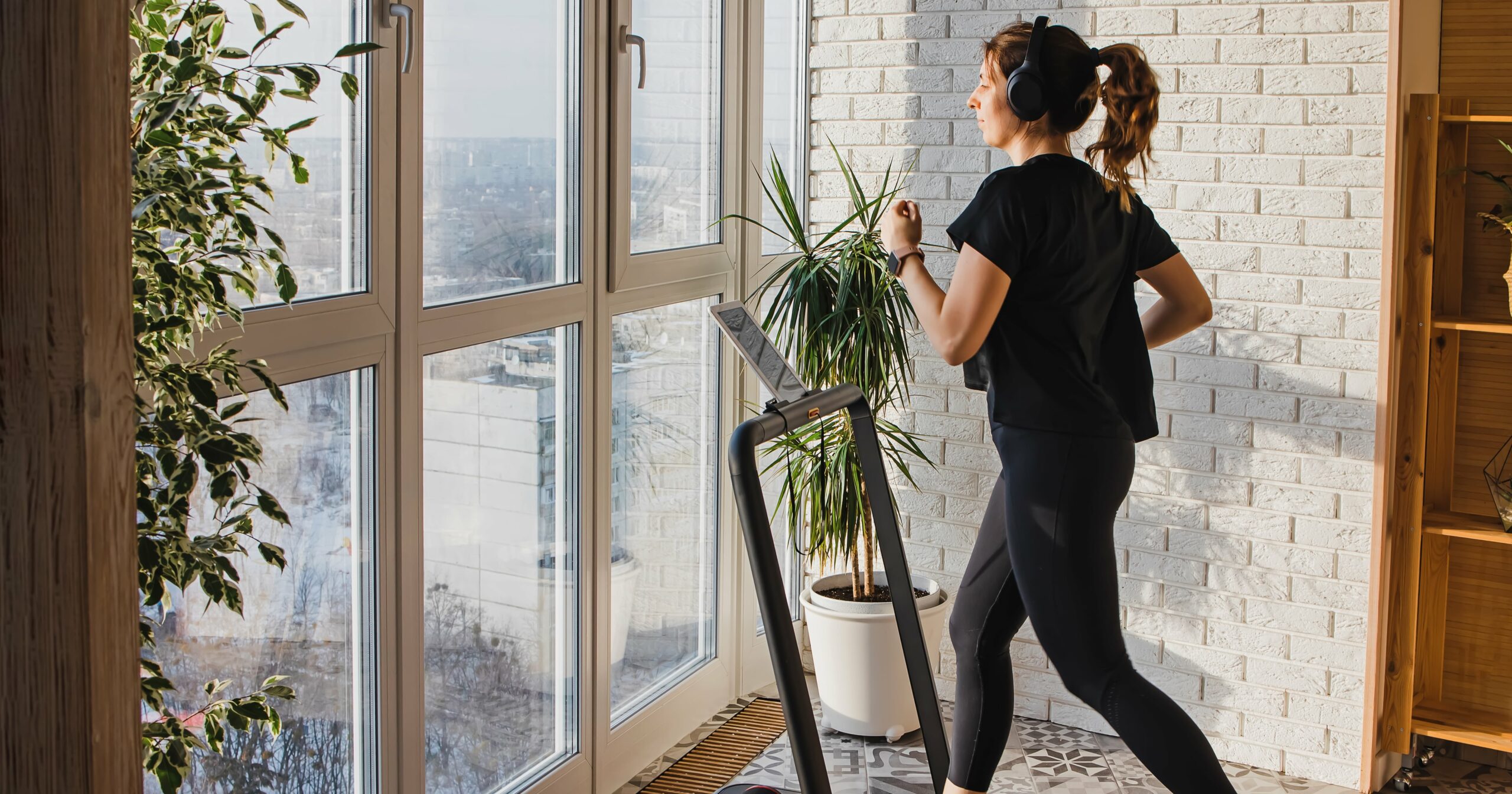Retail might still be a tough game, but David Simon likes where he sits — atop an empire of high-end malls in an age when few new malls are being built.
“There used to be 40 million square feet of retail real estate built every year,” said Simon, who is chairman and chief executive officer of Simon Property Group, on a call with analysts on Monday. “Now there’s essentially less than a few million here and there. And then there’s been obsolescence, too, which makes the supply shrink as well.
“The importance of brick-and-mortar has never been higher,” he said. “Don’t get me wrong, e-commerce is critically important, but all of this stuff about e-commerce, cost of customer acquisition, returns, stickiness, et., it all continues to be a challenge. If you’ve looked at the [pure online] marketplaces, they run into problems, so they really need to be connected to a brick-and-mortar for survivability. So all of those things are pointing to a positive picture.”
Simon was going over fourth-quarter results and also taking something of a victory lap after the company marked 30 years as a public company in December, having paid, as he noted, $42 billion of dividends along the way.
The company started with 115 properties when it went public and over the years bought 300, developed over 50 and sold about 250.
That impulse — to have a portfolio and manage it — is alive and well at Simon, which sold off some of its shares of Authentic Brands Group, cutting its stake to just under 10 percent from just under 12 percent.
“We will continue to look to monetize these investments,” Simon said.
Authentic is a powerhouse acquirer and intellectual property owner that is led by Jamie Salter and operates brands from Barneys New York and David Beckham to Van Heusen and Vince Camuto.
The sale of the stake added $117.4 million to Simon’s bottom line, which saw net income rise 10.9 percent to $747.5 million from $673.8 million a year earlier.
In the third quarter, Simon logged after-tax gains of $145.5 million, on paper, as it reduced its stake in the Sparc Group joint venture with Authentic that operates Forever 21, Nautica, Reebok and others. Simon’s stake in Authentic was also diluted as fast-fashion giant Shein joined the mix.
Over the past decade, Simon ventured somewhat away from its sweet spot of owning and running malls to dabble in being a retailer — an effort that stepped up during the pandemic when so many chains went bankrupt. But retail has largely been a high-profile sideline.
Even though brick-and-mortar retail is enjoying a resurgence from the pandemic when consumers stayed in and ordered online, many lower-tier malls are still struggling.
Simon, however, has built a portfolio of top properties, including the King of Prussia mall near Philadelphia, Roosevelt Field on Long Island and The Galleria in Houston.
The company said its occupancy rate at the end of the quarter on Dec. 31 stood at 95.8 percent, up from 94.9 percent a year earlier. Minimum rent per square foot also rose to $56.82, from $55.13.
The CEO noted that new leases are coming in at about $75 a foot while renewals are being priced at $65 a foot.
Retailers want to be at the mall, but they’re still having to work hard to drive interest in a touchy consumer economy.
Annual retail sales per square foot fell 1.3 percent to $743 at Simon malls last year.


